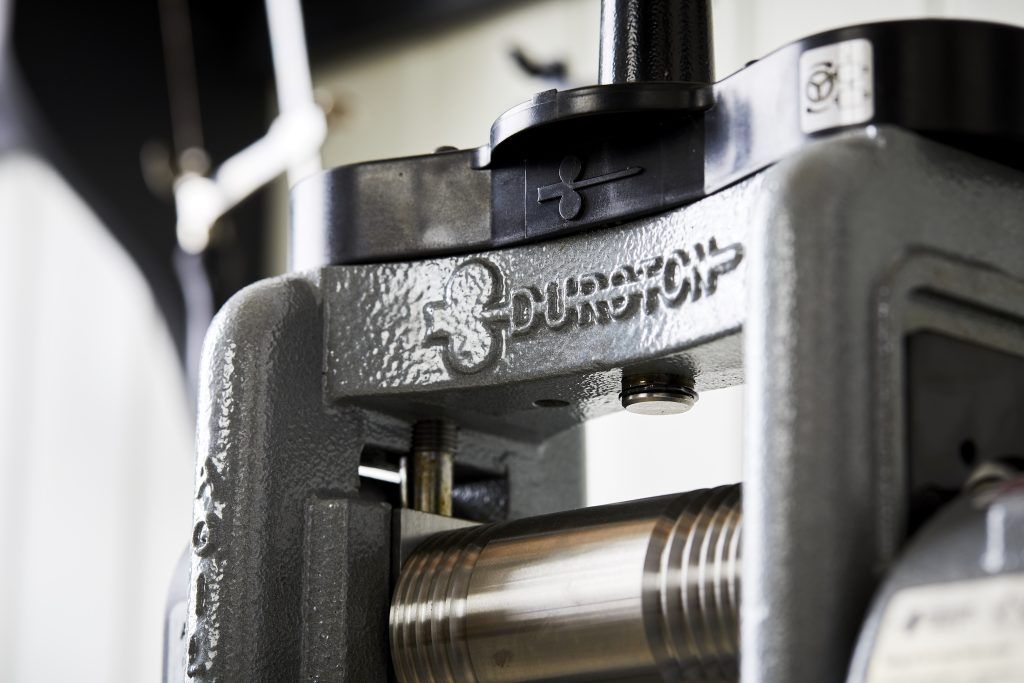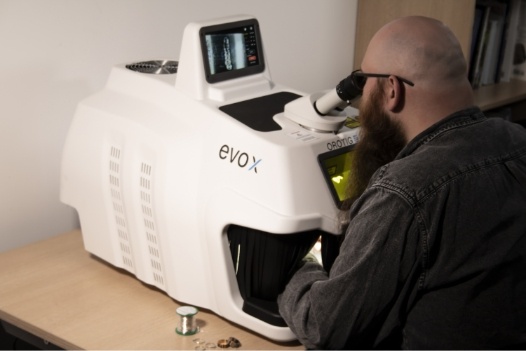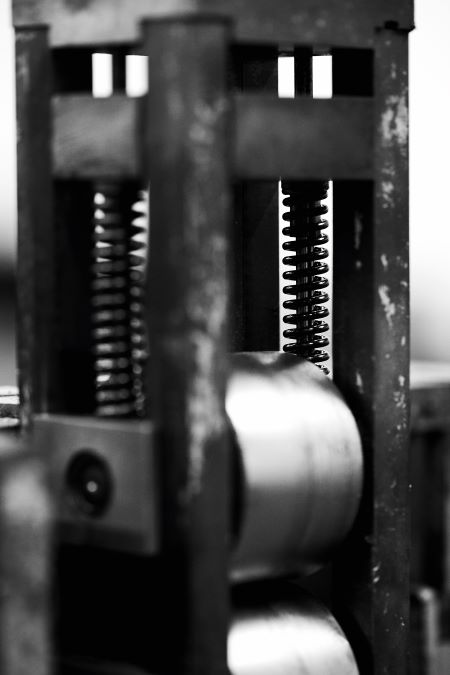For jewellery makers, investing in high-quality equipment is essential for producing intricate designs with precision. Regular maintenance of this equipment is extremely important to ensure its longevity and consistent performance. Whether you own a rolling mill, a polishing motor or a kiln, keeping your tools in excellent condition will save you time, money and unnecessary frustration. Here are some essential tips to help you maintain your large jewellery making equipment.
Establish a Routine Cleaning Schedule
Dirt, dust and metal filings can quickly build up both on and in your machinery, affecting its performance. Develop a routine cleaning schedule to prevent residue from accumulating. For example:
- Rolling Mills: Wipe down the rollers after each use with a soft cloth. Avoid using water, as it can cause rust. Instead, apply a light coating of machine oil to prevent corrosion.
- Polishing Motors: Regularly clean and replace filters to prevent debris from clogging the system.
Regular upkeep of your machines can go a long way towards extending their lifespan.
Lubricate Moving Parts
Proper lubrication is crucial for machinery with moving components. Over time, these parts can wear down due to friction, leading to decreased efficiency and potential breakdowns.
- Use manufacturer-recommended lubricants and oils.
- Pay attention to joints, bearings and hinges, particularly on rolling mills and presses.
- Avoid over-lubricating as excess oil can attract dust and debris.
Inspect for Wear and Tear
Conduct regular visual inspections of your equipment to identify early signs of damage. Look out for:
- Cracks, chips or dents in rollers or anvils.
- Worn belts or gears on polishing motors and lathes.
- Loose wiring or connections in electrical tools like kilns.
Catching issues early prevents minor problems from escalating into costly repairs.

Calibrate for Precision
Precision is the hallmark of jewellery making, so it’s essential to keep your equipment calibrated. Misaligned or poorly adjusted machinery can lead to uneven or inaccurate results.
- Rolling Mills: Check roller alignment periodically to ensure even pressure across the metal.
- Kilns: Verify temperature accuracy with a separate thermometer to ensure your firing results are consistent.
Regular calibration ensures that your equipment delivers consistent, high-quality results.
Follow Manufacturer Guidelines
Every piece of equipment comes with its own set of care instructions. Familiarise yourself with the manufacturer’s guidelines for maintenance and operation. Ignoring these recommendations can lead to avoidable damage.
Invest in Professional Servicing
Some maintenance tasks require the expertise of a professional. Schedule periodic servicing for large equipment like kilns or laser welders to ensure they’re operating efficiently. A professional technician can also detect issues you might miss during routine checks. Click here to book a service for your Orotig laser welder with one of our qualified technicians.

Record Maintenance Activities
Keep a log of all maintenance activities, including cleaning, lubrication, and repairs. This record will help you track when specific tasks were last performed and identify patterns that might indicate recurring issues.
Maintaining your large jewellery making equipment doesn’t have to be overwhelming. By integrating these tips into your workshop routine, you’ll not only extend the life of your tools but also ensure they perform at their best consistently.
Book a service for your Orotig laser welder here, or shop for more high quality machinery for your workshop. We also offer jewellery machinery training courses, to assist you in enhancing your skills and confidence with this machinery.

Sian Brown
Sian has been hand making her award winning jewellery in the West Midlands for over 12 years. Sian spent 10 years in Birmingham’s historic Jewellery Quarter before relocating to a quiet Worcestershire village.

